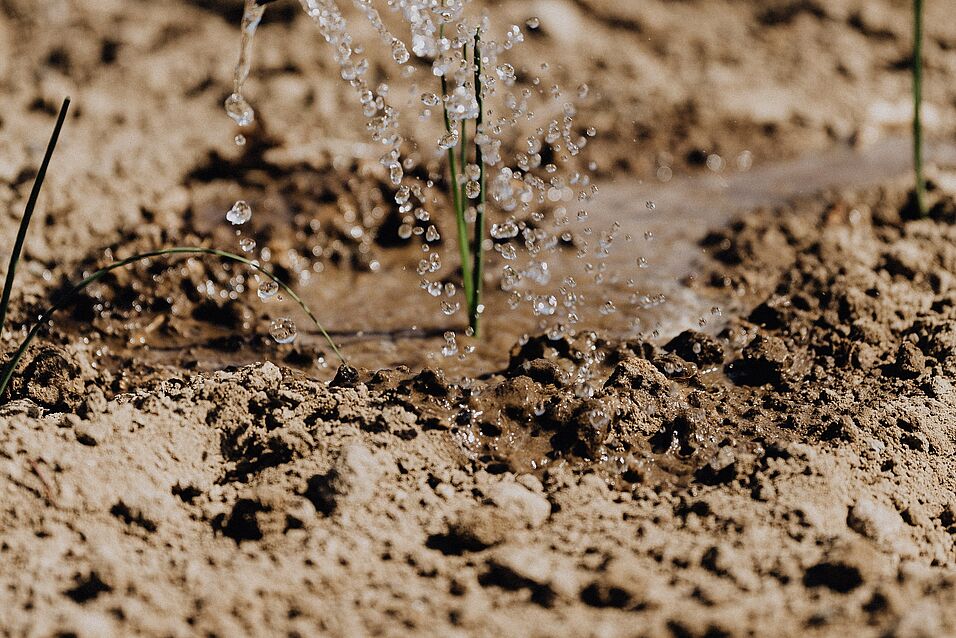Potential organic soil amendments (anaerobic digestate, slurry, sewage sludge, compost and biochar) are continuously lost worldwide through waste streams. Such amendments could affect soil structure, element cycling, and nutrient composition in the soil. Additionally, they can be a source and/or a sink of nutrients as well as organic and inorganic pollutants (predominately pharmaceuticals, pesticides and microplastics). Thus, they are expected to affect soil and groundwater quality. The “TwinSubDyn” project not only aims at generating new insights into the research field, but also at advancing both networking and knowledge transfer on the topic. EDGE researchers led by Sigmund Gabriel and Thilo Hofmann will host three researchers from the University of Novi Sad for six months each during the project. In addition, they will facilitate several shorter research stays and workshops for experienced researchers.
In addition to the University of Vienna, three other internationally renowned research institutions, the Forschungszentrum Jülich, the Spanish National Research Council and the Martin Luther University Halle-Wittenberg, are involved in supporting the coordinating University of Novi Sad in building its capacity for scientific excellence in this field.
“TwinSubDyn” is a project funded by the European Union's Horizon Europe programme under the Twinning Western Balkans call (Grant agreement no 101059546) and budgeted at 1.5 million Euro in total.

